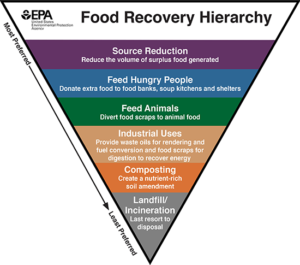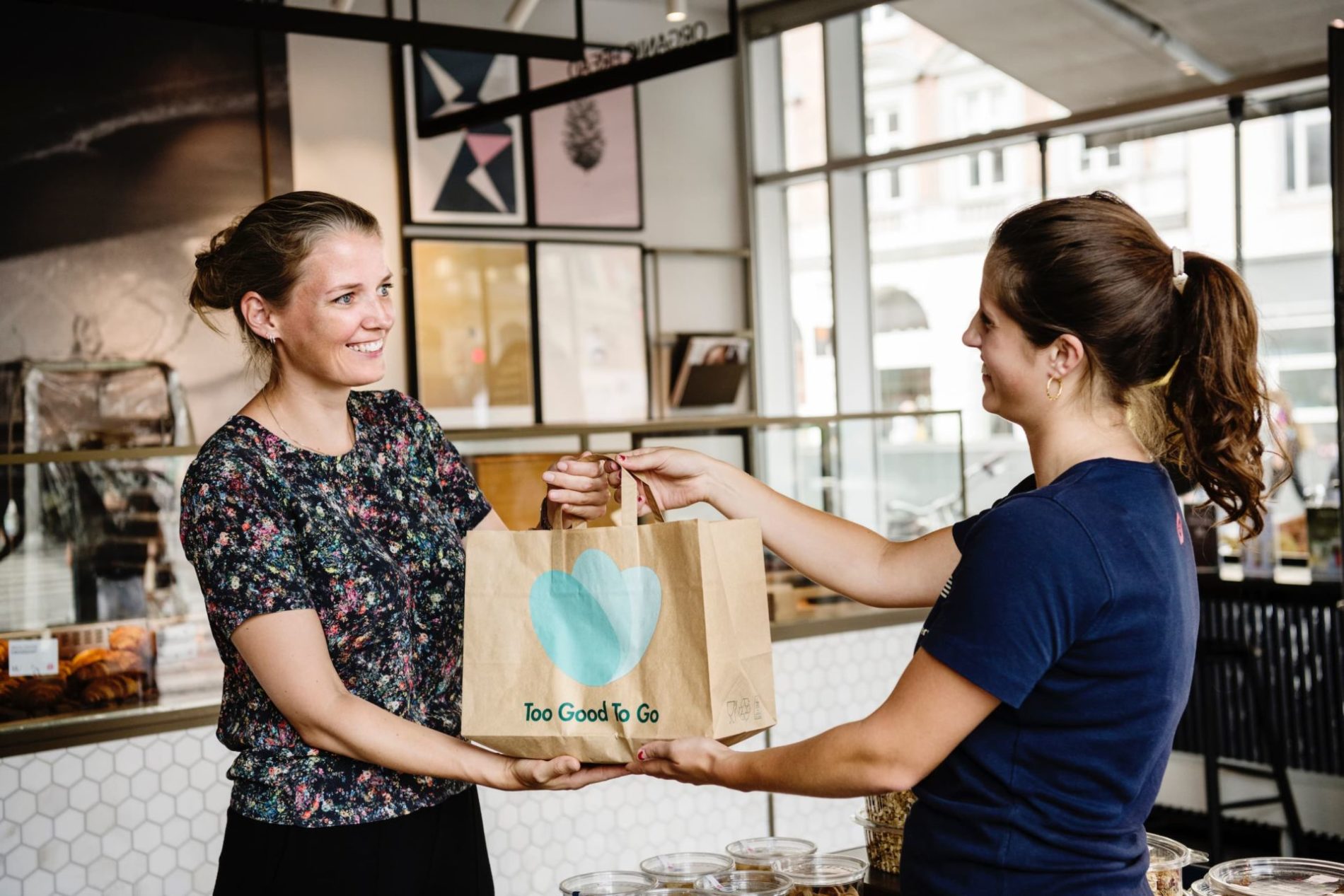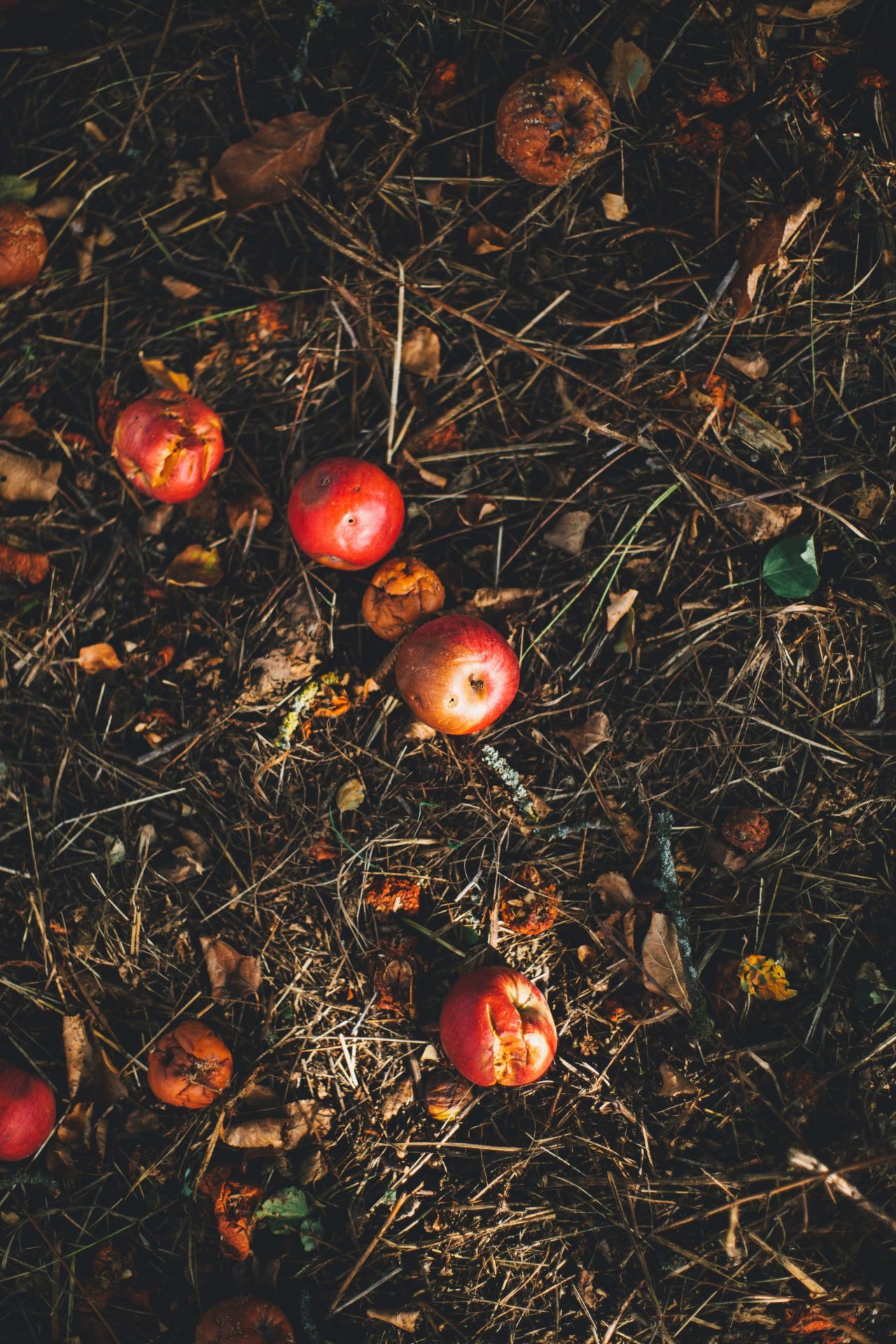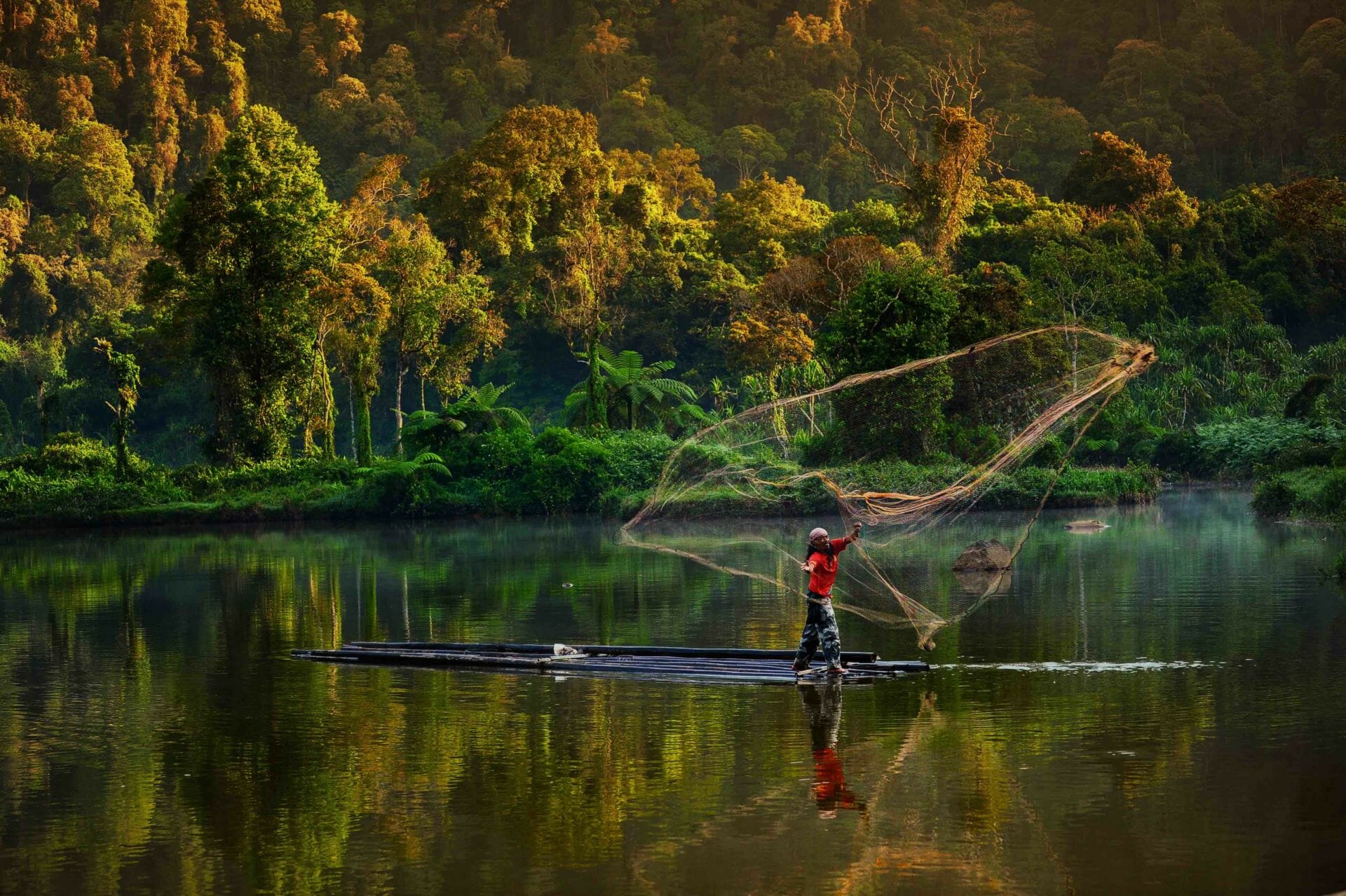With millions of hungry people globally, it is tragic that so much of the food is simply wasted. Approximately ⅓ of all food produced globally is wasted. It is important to note the distinction between food loss and food waste. According to the Food and Agriculture Organization (FAO), a branch of the UN, food loss is “the decrease in the quantity or quality of food resulting from decisions and actions by food suppliers in the chain, excluding retailers, food service providers, and consumers.”.
The counterpart to this is food waste, which “refers to the decrease in the quantity or quality of food resulting from decisions and actions by retailers, food service providers, and consumers.” As consumers ourselves we can most directly control our contributions to food waste, but our voices can help bring attention to global food loss as well.
The Full Picture of Food Waste
Based on data from 2010, in the US approximately 30-40% of food becomes food waste, which corresponds to 133 billion pounds of food. To put that into perspective, based on the weight of an average American’s diet, this amount of food could feed 67 million people. With 42 million Americans experiencing food insecurity, this statistic is not only tragic but unacceptable.

The federal government sees this problem and is attempting to address it. The USDA and EPA have collaborated to educate Americans about ways they can reduce food waste. In their agreement, they state that:
This additional collaboration is intended to strategically align each agency’s efforts to better educate Americans on the impacts of reducing food loss and waste. Where appropriate we seek to educate actors throughout the supply chain on best practices to reduce food loss and waste in the growing, manufacturing, transporting, selling, and disposing of food, handling, preparation, and storage of food, as well as creating new uses for excess food.
The contributors to entities along the supply chain contribute to food loss rather than food waste. The EPA acknowledges this and is promoting organizations by publishing their list of Food Loss and Waste Champions. The report celebrates and encourages businesses and organizations to do their part in reducing food loss. Compared to individuals, each large enterprise committing itself to this cause constitutes a significant reduction in loss.
Where Are We Wasting Food?
Food loss appears to be a somewhat unavoidable aspect of the modern agricultural economy. According to a study from the USDA “ food loss is economically efficient in some cases”. For food producers transporting, donating, and generally distributing food in any way that doesn’t generate revenue represents a loss. For many farms, it is simply cheaper for them to destroy excess food than ensure it gets used.
However, in the estimates of total discarded food, households and retailers are larger contributors than producers. Therefore educating the populace and affording retailers the opportunities to reduce waste is the key factor to improving the situation.

Aiming to lessen retail and consumer contributions to food waste, Too Good to Go offers a platform for retailers to sell excess food to consumers instead of wasting it. Consumers can spend a few dollars to receive an unexpected meal or produce from restaurants and local retailers. This encourages users to try something new and for businesses to receive more revenue from what would otherwise be discarded.
In addition to their platform, Too Good to Go has a resource dedicated to educating citizens about the issue of food waste. It informs users on the impact and dissemination of food waste and pulls the curtain back from wasteful food habits. Knowledge is just as important as action when it comes to combating waste and climate change.
A major contributor to individual food waste is restaurants, retails and households discarding food based on “best by” dates. However, there is no codified standard on those dates on anything except baby formula, and most food is still perfectly edible after those dates. The manufacturer sets these “short dates” and encourages purchasing more items rather than ensuring consumer health.
RELATED ARTICLES: Food Security Despite the Pandemic |Food Systems Transformation: a Tale of Two Summits |How to Transform Food Systems in the Face of Climate Change |Food Insecurity and Home Gardening |The Pros and Cons of Emerging Technology in Our Food System |Tackling Sustainability, Food, and Social Inequalities
Can This System Continue?
From just about any angle, the way we consume and waste food is unsustainable. Producers need the economic support to follow through on the altruistic intentions that many of them possess. At the start of the pandemic, millions of people experienced food insecurity. Farmers destroyed their crops to lessen their surplus’s economic burden. Farmers in Fresno county cited the economic structure in which everybody must have access to every product as a key reason for the collapse of the agricultural system. When an economy is based entirely around immediately satisfying expected demand, any change in that dynamic causes a system collapse.
Bay Area-based company Imperfect Foods is striving to reduce food waste from a different angle. Their goal is to ensure that less aesthetically pleasing, surplus, or short-dated foods can reach shoppers. Their platform allows users to comfortably shop for groceries from home and help contribute to reducing food waste.
Luckily, as diners and supermarket shoppers we have a direct way we can help ameliorate this situation. Buying as much food as we expect to eat, being satisfied with less than perfect-looking produce, and adjusting our diets to what is in season can all help ease the strain on our agricultural system. With enough food grown for everybody, we need to make sure our eyes are not bigger than our stomachs.
Editor’s Note: The opinions expressed here by Impakter.com columnists are their own, not those of Impakter.com.










